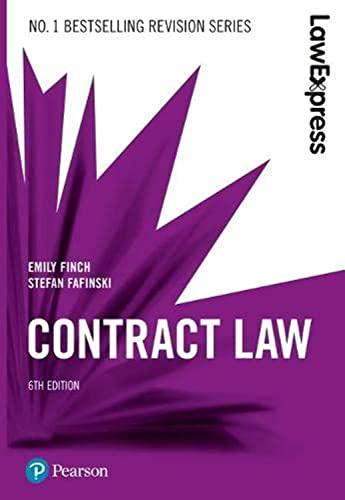Question
or years, mandatory arbitration clauses included in contracts have prevented consumers from filing class actions to settle their disputes with corporations. A federal consumer watchdog
or years, mandatory arbitration clauses included in contracts have prevented consumers from filing class actions to settle their disputes with corporations. A federal consumer watchdog agency created a rule that bans banks, credit card companies, payday lenders, and other financial firms from requiring consumers to settle disputes through arbitration.
Consumer advocates cheer the rule as a victory and point out thatWells Fargo's fake-account scandal would have come to light much sooner if not for the arbitration clause in its contracts. Consumers have sought to sue the bank many times over the years for the bank's practice of creating unauthorized checking and credit card accounts, but their cases were kicked out of court because of the arbitration requirement. Wells eventually agreed to pay $185 million in penalties and $5 million in customer reimbursement for opening as many as 2 million accounts without customers' authorization.
Critics of the rule said the restraint on freedom of contract was unjustified and that more class actions would raise the price of goods and services. At this point it's all "academic" as they say, because Congress disapproved the rule and the CFPB removed it toward the end of 2017. Should the federal government be determining what can and can't be included in a contract?
Step by Step Solution
There are 3 Steps involved in it
Step: 1

Get Instant Access to Expert-Tailored Solutions
See step-by-step solutions with expert insights and AI powered tools for academic success
Step: 2

Step: 3

Ace Your Homework with AI
Get the answers you need in no time with our AI-driven, step-by-step assistance
Get Started


